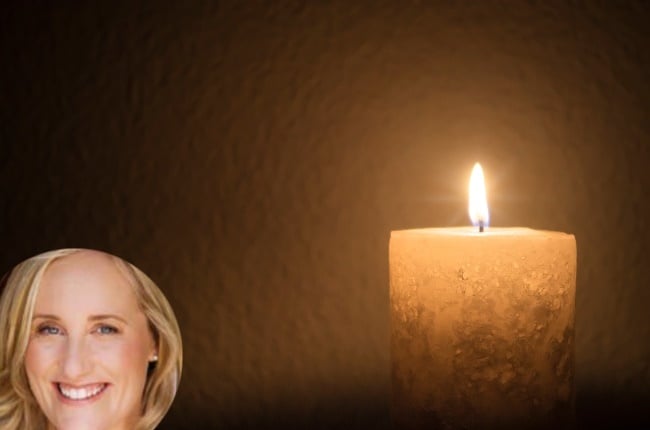
Loadshedding is here to stay – at least for the foreseeable future. That’s why it’s important to establish if your insurance covers damages or losses to your property or electronic equipment caused by frequent electricity outages.
THEFT
Burglars might exploit loadshedding as it disables alarms and electric fences – unless there are backup batteries. Most insurers pay out claims for burglaries that happened during loadshedding, as long as they weren’t due to the client’s negligence (such as that the alarm was faulty anyway) or lack of proper maintenance (such as failing to replace a dead backup battery).
If, for example, your house alarm was disabled by loadshedding and your backup battery was unexpectedly out of order too, your claim will be considered. But you must be able to prove the alarm system had been properly maintained.
For a successful claim, you must adhere to policy requirements. For example, if your policy requires burglar bars and you don’t have any, your claim can be denied.
The insurer also requires there be clear indications of forced entry (such as a broken door or window) to your home or outbuilding to consider a claim.
ELECTRONIC EQUIPMENT
It can cost you a pretty penny if electronic equipment such as TVs, computers, fridges and washing machines give up the ghost when there’s a power surge after loadshedding. A power surge is when too much electricity suddenly surges through your home’s wiring. It can happen quickly and cause major damage.
Most insurance policies don’t automatically cover damages or loss caused by power surges. You’ll need to take out additional cover for that, which means you’ll pay a little more on your monthly premium. Ask the insurer how much cover you’ll get. Sometimes the claim amount is limited to a specific amount or number of claims, for example you may only claim for power-surge damages twice in a 12-month period.
Lightning storms can also cause power surges. If you live in a lightning-prone area, check your policy documents to see if a lightning conductor is a requirement and if it is, make sure you have one or your claim could be denied.
Bear in mind that if you suffer damages because your power supplier cut your electricity as a result of you failing to pay your bill, you’re not covered.
A GENERATOR
As loadshedding has increased, so too has the use of home generators. These are expensive to replace and are also a fire hazard if not installed and used properly. Some insurers cover generators in their policies but it’s by no means the norm.
Check your policy document to see if you’re automatically covered, says Greta GooseMiWay Insurance’s head of client services.
If you have cover for a generator, it usually falls under your building or house contents insurance. If it’s a non-portable (in other words permanently installed) generator, it falls under building cover, while a portable generator is covered under home contents.
If it’s not automatically covered, you can ask for it to be added – which means paying a little extra on your monthly premium.
For a successful claim, you must also comply with the legal requirements and regulations for generators, for example, it must be correctly installed. This includes the requirement that it must be installed by a qualified, licensed electrician who must issue a clearance certificate that the generator meets SABS standards.
Your insurer might have other requirements too, for example that it must be at least 5m away from the house in a well-ventilated area; that you install effective smoke and carbon-monoxide detectors; and that the fuel for the generator must be stored in a separate, locked area. Having a fire extinguisher of a specific size, for example at least 4,5kg, is also often another requirement.
GAS APPLIANCES
You must notify your insurer when you install a gas appliance, or any claims relating to it can be denied.
To get cover, you must also comply with the laws on gas appliances, including supplying a certificate of conformity for gas appliances. The appliance must be installed by a technician who’s certified by the Liquefied Petroleum Gas Safety Association of Southern Africa. This is crucial because if the installation wasn’t done properly by someone who wasn’t licensed, the claim will be denied.
Your insurer might also have additional requirements, such as that your gas canisters be kept in a locked, ventilated cabinet or cage, even if it’s outside the house.
SOLAR PANELS
This is usually covered in your building insurance policy but it’s worth checking with your insurer.
You must also establish if your insurer has specific installation requirements because bad workmanship is usually an exclusion on policies.
Tip: Notify your insurer when installing a gas appliance, or any claims related to it may be denied
Take care when using candles or oil lamps during a power outage. If a fire breaks out due to your negligence, your claim will be denied.
GET HELP HERE
For claim disputes, contact the ombudsman for short-term insurance at osti.co.za or 0860-726-890.




 Publications
Publications
 Partners
Partners

















